The French Mind
- 704 pages
- 25 hours of reading
A sweeping tour of French history from the 17th century to the present day from the highly acclaimed author of The German Genius
Peter Watson is an author whose work delves into the realm of art and antiquities. His career as an investigative journalist provided him with a unique vantage point for uncovering hidden narratives and manipulations within these fields. Through his writings, he exposes the complexities of the art market, exploring themes of deception and history. Watson's style is characterized by in-depth research and compelling storytelling, drawing readers into the intricate world of art conspiracies and buried truths. His writing often examines the moral quandaries and ethical questions surrounding the value and ownership of art.
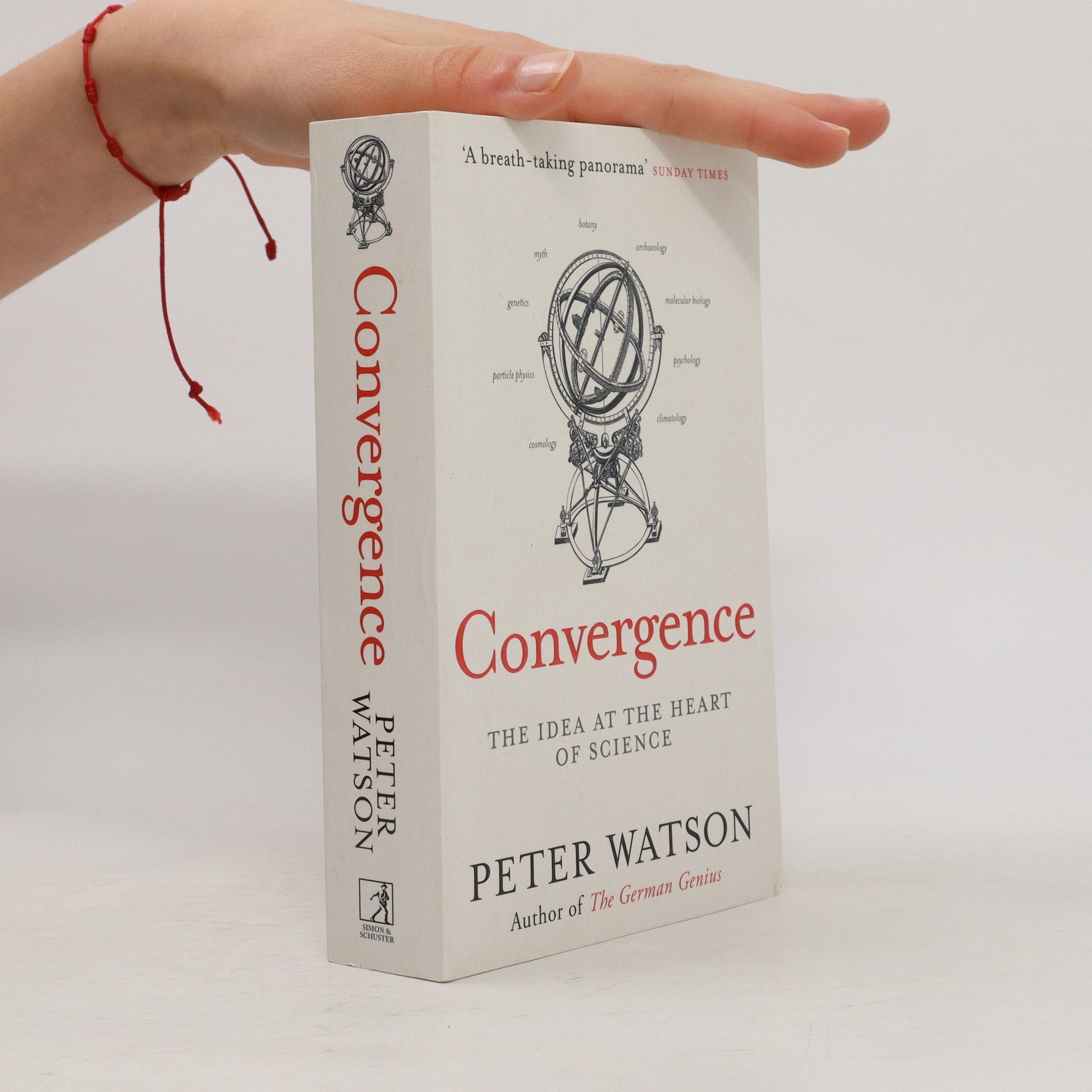
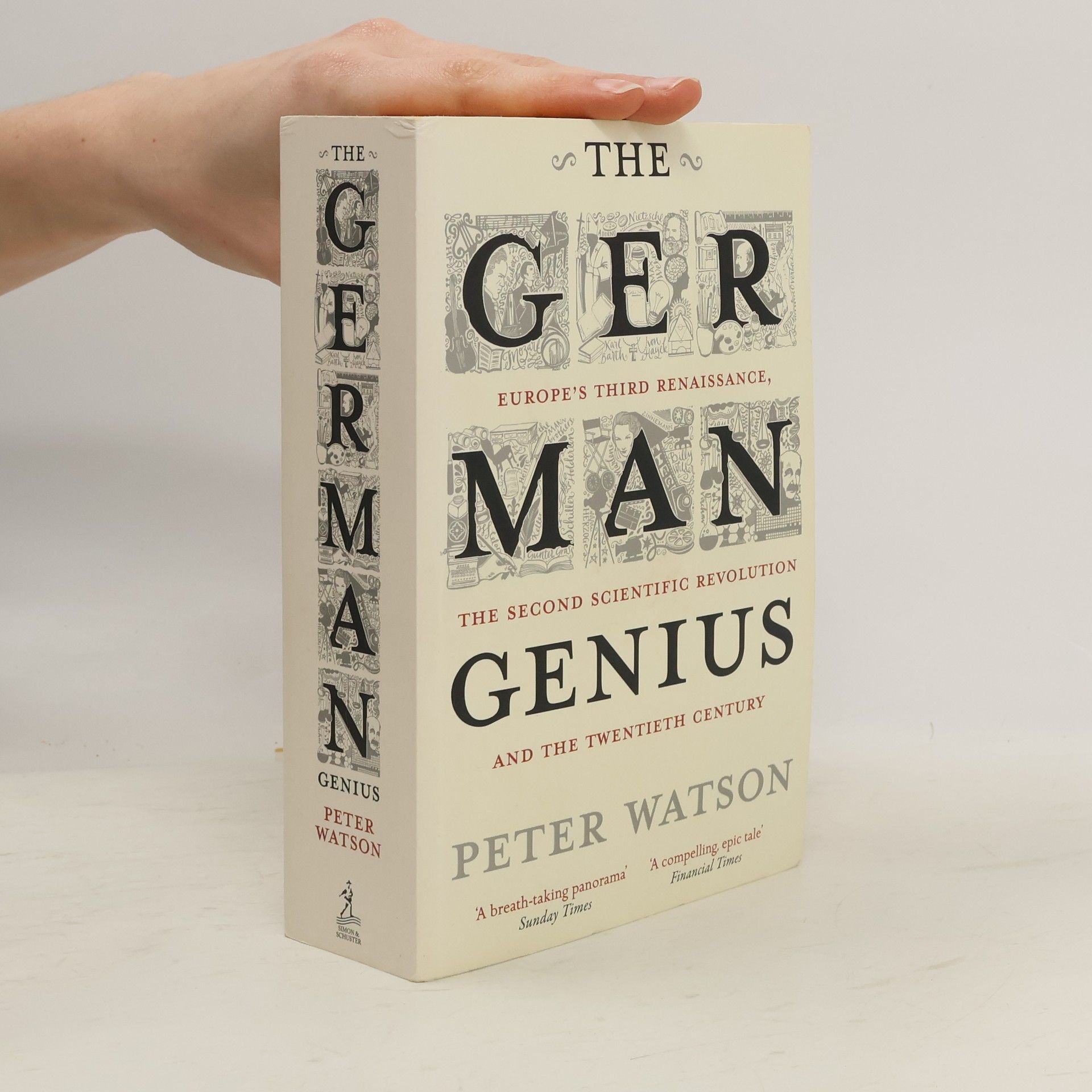
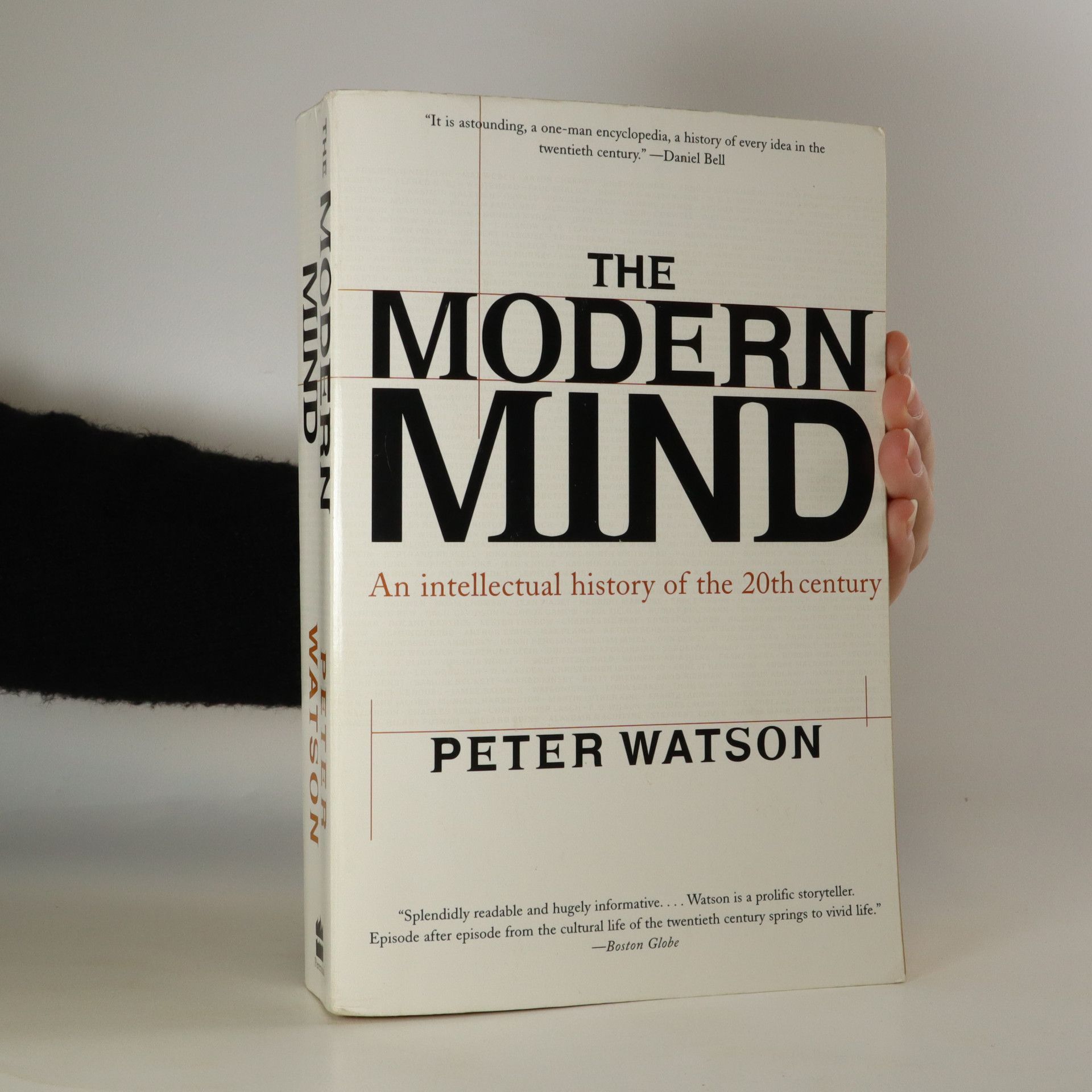
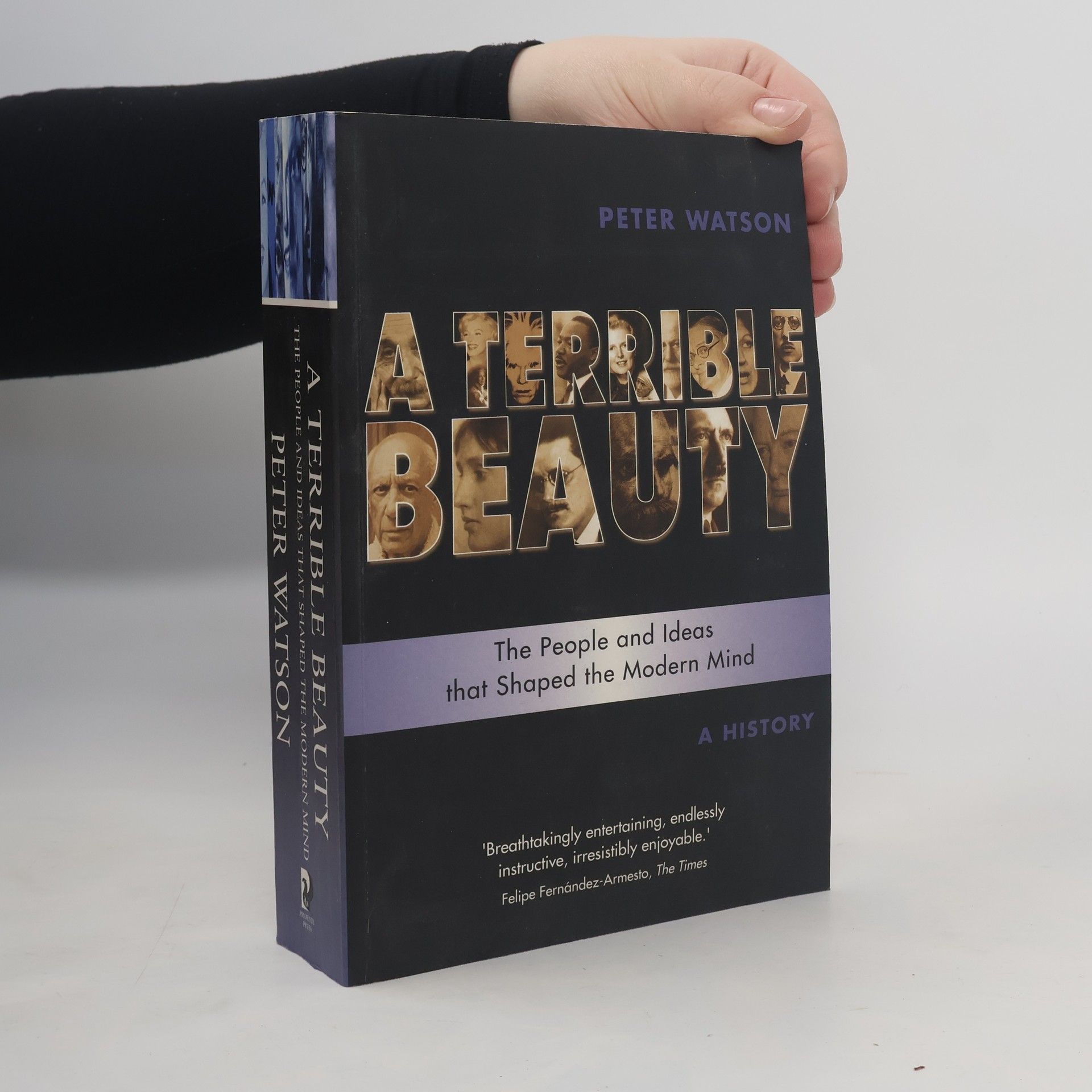
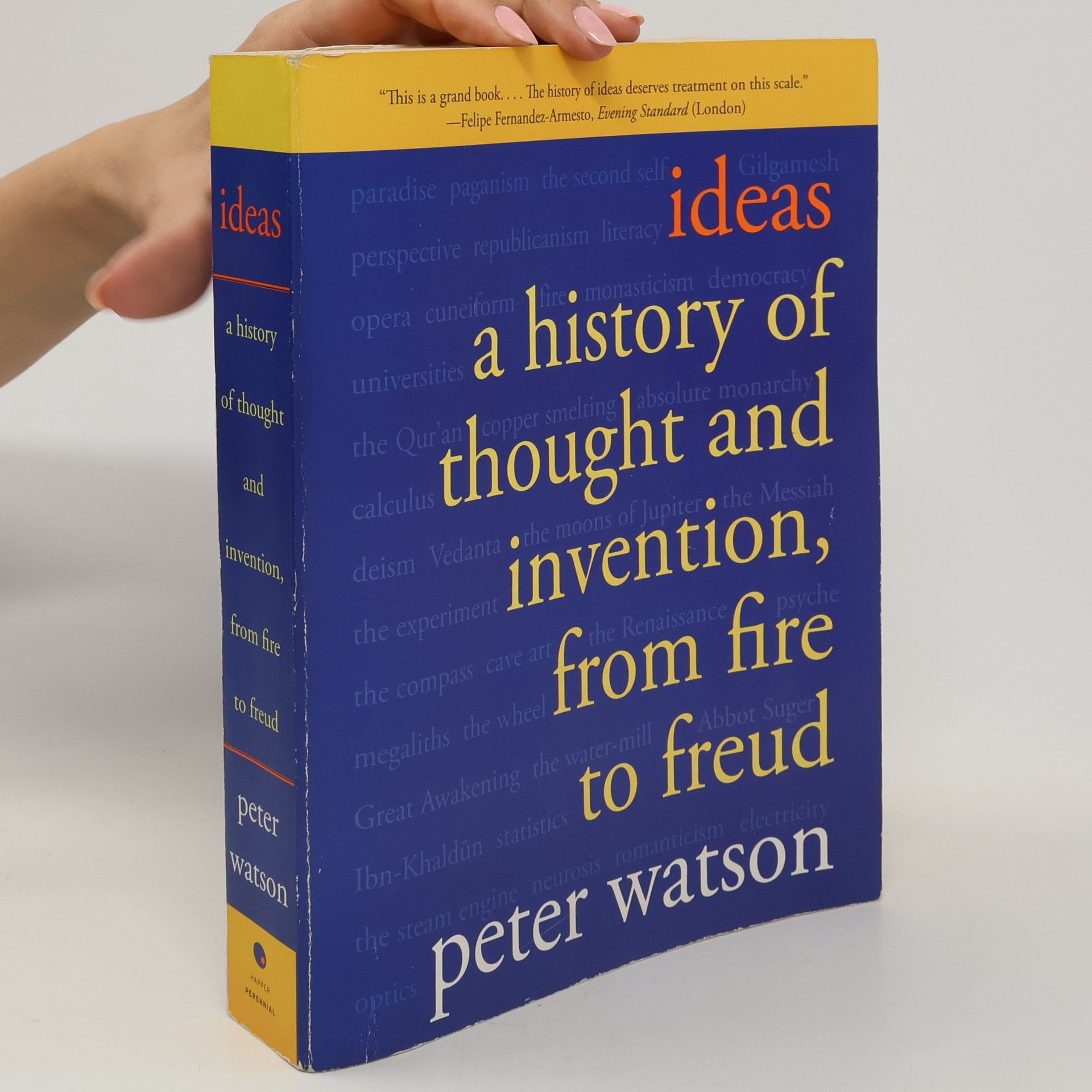

A sweeping tour of French history from the 17th century to the present day from the highly acclaimed author of The German Genius
Fundiert, spannend, pointiert – das hochwertige Standardwerk für Bildungshungrige »Gott ist tot« beschied Friedrich Nietzsche im Jahr 1882. Ein Leben ohne Gott, ohne die Aussicht auf einen höheren Sinn – das gehört zu den größten Denkabenteuern der Menschheitsgeschichte. Der Atheismus mit seinen kühnen, kreativen, nicht selten egozentrischen Protagonisten wird hier von Peter Watson, dem renommierten Ideenhistoriker, als Ganzes und im geschichtlichen Kontext der Moderne erzählt. Er folgt in seiner umfassenden Darstellung jenen Wegen, die das Denken nach dem Ende aller Religion genommen hat, und erläutert, welche Antworten auf die Frage nach dem Sinn menschlicher Existenz gefunden wurden. Dichter wie Paul Valéry, Rainer Maria Rilke, Samuel Beckett, Denker wie Sigmund Freud, Künstler wie Jackson Pollock oder Robert Rauschenberg haben sich der existenziellen Ungesichertheit des Menschen gestellt. Peter Watson erinnert mit diesem Kompendium an eine Freiheit ohne Gott in einer Zeit, in der Religion ungehemmten Machtmissbrauch legitimieren soll.
A dazzling investigation into psychology, art and religion; the demise of capitalism; and the beginning of a new era from the author of IDEAS.
Combining insights from archaeology, climatology, genetics, and religious symbolism, the author presents a compelling and speculative exploration of interconnected themes. This multidisciplinary approach invites readers to consider the intricate relationships between these fields, offering a fresh perspective on historical and cultural narratives. Watson's work challenges conventional thinking, making it a thought-provoking read for those interested in the intersections of science and belief.
"Peter Waton's virtuoso sweep through modern German thought and culture, from 1750 to the present day, will challenge and confound both the stereotypes the world has of Germany and those that German has of itself.'--Book jacket.
Exploring a wide range of concepts, this book delves into the evolution of Western thought, examining significant ideas such as the belief in God and the foundations of psychoanalysis. It offers an engaging look at how these beliefs and theories have shaped philosophical discourse and influenced cultural development throughout history. The narrative provides insights into the interplay of various intellectual movements, making it a compelling read for those interested in the progression of ideas that define Western civilization.
Vom Abenteuer des Denkens, Entdeckens und Erfindens. Peter Watson bietet erneut Geistesgeschichte zum Anfassen. Die Ideengeschichte der Menschheit beginnt möglicherweise mit dem ersten Feuer vor ca. 1,8 Millionen Jahren oder dem ersten Faustkeil vor etwa 2,5 Millionen Jahren. Warum entwickelte sich vor 40.000 Jahren eine komplexe Sprache? Wie fanden Minus- und Plus-Zeichen ihren Weg in die Vorstellung der Menschen, und wie entstand das Bild vom Paradies? Watson lädt zu einer Expedition durch die Welt menschlicher Ideen ein, vom ersten Feuer und Werkzeug über die Geburt der Götter und die ersten Gesetze bis zu den Ideen der Moderne. Er ordnet die Fülle an Material nach drei zentralen Ideen: die Seele, mehr als die Vorstellung eines Gottes; Europa, mehr als ein geografisches Gebiet; und das Experiment als Motor aller Entwicklung. Wie in seinem erfolgreichen Werk über die Ideen des 20. Jahrhunderts gelingt es Watson, den Leser in den Kosmos des Denkens und Erfindens zu ziehen. Man verfolgt das Aufkommen und Verschwinden von Ideen, Denkern und Kulturen, erkennt unerwartete Zusammenhänge und sieht die eigene Welt als Produkt eines gewaltigen Prozesses aus Mut, Erfindungsgeist und Erkenntnislust.
A history of the twentieth century which covers all the ideas, people, great events, literary and artistic movements, scientific discoveries which have shaped the twentieth century. schovat popis